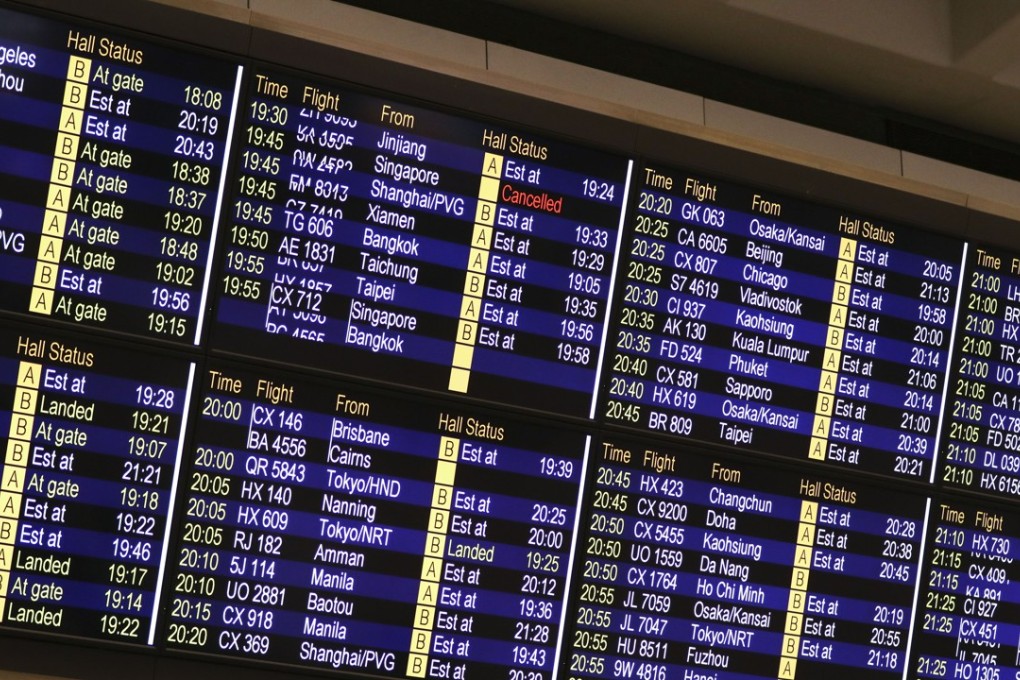United States ‘ups the trade ante’ with attack on China’s ‘Orwellian’ demands on airlines, analysts say
Chinese tabloid Global Times says criticism of requests reflects the views of a few stubborn American elites

The United States is putting another bargaining chip in play in its trade fight with China by hitting back at Beijing’s “Orwellian” semantic demands on foreign airlines, analysts said.
The White House on Saturday condemned China’s Civil Aviation Administration for ordering 36 foreign carriers, including US airlines, to remove references on their websites or in other material that suggested Taiwan, Hong Kong and Macau were part of countries independent from China.
The White House said the demands were “Orwellian nonsense” and US President Donald Trump “will stand up for Americans resisting efforts by the Chinese Communist Party to impose Chinese political correctness on American companies and citizens”.
Chinese foreign ministry spokesman Geng Shuang said in a statement on Sunday that Washington’s rhetoric would not change the fact “there’s only one China, and Hong Kong, Macau and Taiwan are inseparable parts of China”.
Geng said all foreign enterprises operating in China must respect China’s sovereignty and the “Chinese people’s national feeling”.
In an editorial on Sunday, government-backed tabloid Global Times said the comments reflected the stubborn view of a few American elites who saw China as a “Soviet-style totalitarian country and ignored China’s vibrant socialist market economy”.